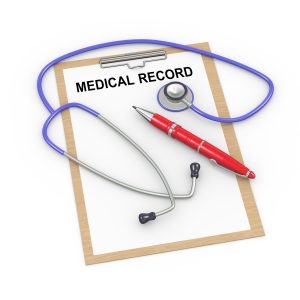When considering assessment of bowel function it is important initially to exclude any “Red Flags” (i.e. symptoms and signs that are a cause for concern). Following this, a detailed history should be obtained. This should include information about food and fluid intake and previous ‘normal bowel pattern’. An accurate bowel chart/diary incorporating the Bristol Stool Form Scale is also helpful.
The approach to assessment of an individual’s bowel dysfunction should include an interview with the patient and/or their family/carers. It is important to obtain the following information:
- Previous bowel habit prior to onset of central neurological condition.
- Previous medical history including obstetric history, history of chronic bowel disease, cancer, abdominal or anorectal surgery.
- Personal and social background history.
- A description of current bowel function i.e. sensation of rectal fullness/need for evacuation, voluntary control of anal sphincter, frequency of bowel evacuation, stool consistency.
- Current medication. Please be aware of medications that can cause problems with constipation or diarrhoea
- Information about diet and fluid intake including the ability to take an adequate diet and details of any allergies or food intolerance. Recording of food/fluid intake is important. A Three Day Food and Fluid Chart should be completed.
- The person’s communicative and cognitive abilities.
- Level of activity including general mobility and exercise.
- Level of physical independence e.g. ability to transfer on to a toilet or commode.
- Level of independence and need for carer input.
- Psychological and emotional factors.
- Moving and handling risk assessment.
- Home and care circumstances (i.e. availability of carers, need for home adaptations, equipment).
Accurate recording of bowel function should be carried out utilising the following:
- Bowel Chart.
- Bowel Management Chart.
- Notes for Interpreting Bowel Chart.
- Notes for Interpreting of Bowel Management Chart.
